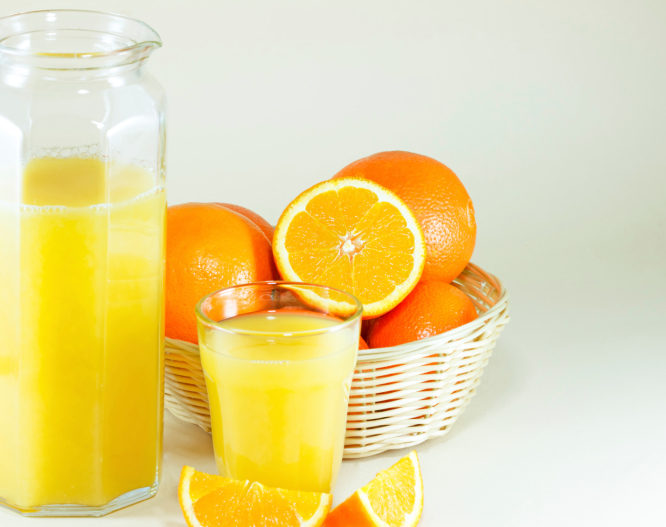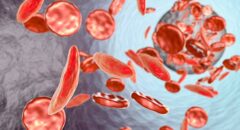 Iron overload is an excess (too much) iron in the body. Excess iron in vital organs, even in mild cases, increases the risk for liver disease (cirrhosis, cancer), heart attack or heart failure, diabetes mellitus, osteoarthritis, osteoporosis, metabolic syndrome, hypothyroidism, hypogonadism, numerous symptoms and in some cases premature death.
Iron overload is an excess (too much) iron in the body. Excess iron in vital organs, even in mild cases, increases the risk for liver disease (cirrhosis, cancer), heart attack or heart failure, diabetes mellitus, osteoarthritis, osteoporosis, metabolic syndrome, hypothyroidism, hypogonadism, numerous symptoms and in some cases premature death.
According to doctors, people with iron overload syndrome should avoid certain foods.
Iron Overload: Foods To Avoid
In general, a normal balanced diet is recommended. Experts say that avoiding iron in food is actually not necessary.
But:
• Alcohol should be avoided since alcohol consumption increases the risk of developing cirrhosis and liver cancer.
• Vitamin C - Ingestion of high doses of vitamin C in patients with iron overload may lead to fatal abnormal heart rhythms.
• Raw seafood should be avoided since patients with hemochromatosis are at risk of acquiring bacterial infections that flourish in iron-rich environments.
While iron, vitamin c, and beta carotene are all essential nutrients that we cannot function without, a combination of these vitamins and minerals at the same time can have an additive effect on iron absorption. Do your best to get your vitamin C and beta carotene AWAY from iron ingestion.
The following nutrients specifically reduce iron absorption from meals.
Whether from food or from a supplement, please include these health enhancing and life-saving nutrients a major part of your diet and supplement regimen:
- Turmeric
- Calcium
- Magnesium
- Polyphenols and Tannins
- Oxylates and Phytates
Eat or drink calcium-containing foods with 300 milligrams -- the amount found in 1 cup of skim milk -- or more to inhibit heme and nonheme iron absorption, the Iron Disorders Institute notes. Other calcium-rich foods include yogurt, cheese and calcium-fortified soy milk. Oxalates are in tea and some vegetables, such as spinach. Polyphenols are present in coffee, teas and cocoa. Phytates are found in soy, fiber, nuts, legumes and whole grains.
Remember, avoid eating foods that enhance nonheme iron absorption at the same time as you eat iron-rich foods. Examples of such foods to limit include vitamin C-rich foods -- like oranges, peppers, strawberries, broccoli, grapefruit, kiwi fruit and orange juice. The Iron Disorders Institute reports that 100 milligrams of vitamin C significantly boosts iron absorption from meals. Other foods that enhance iron absorption include those that are high in beta carotene, such as sweet potatoes and carrots; meats, especially red meats; and alcoholic beverages, according to the Iron Disorders Institute.








